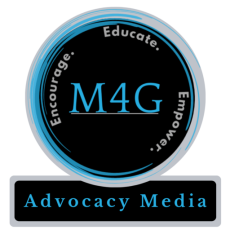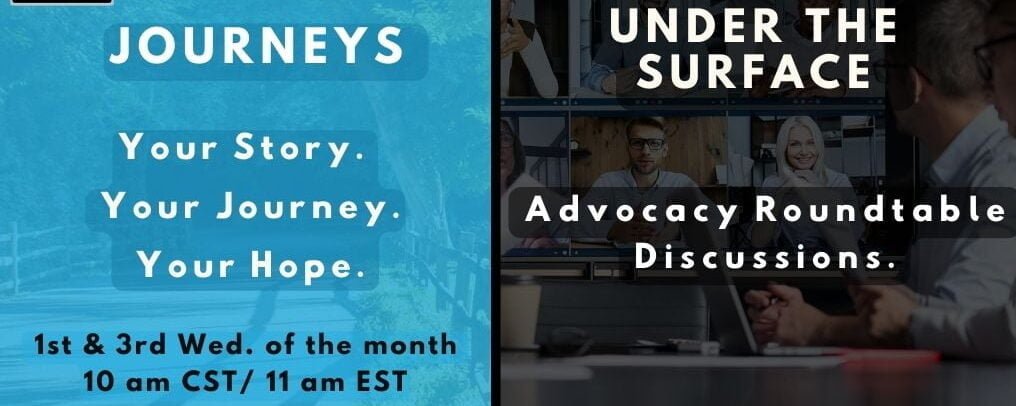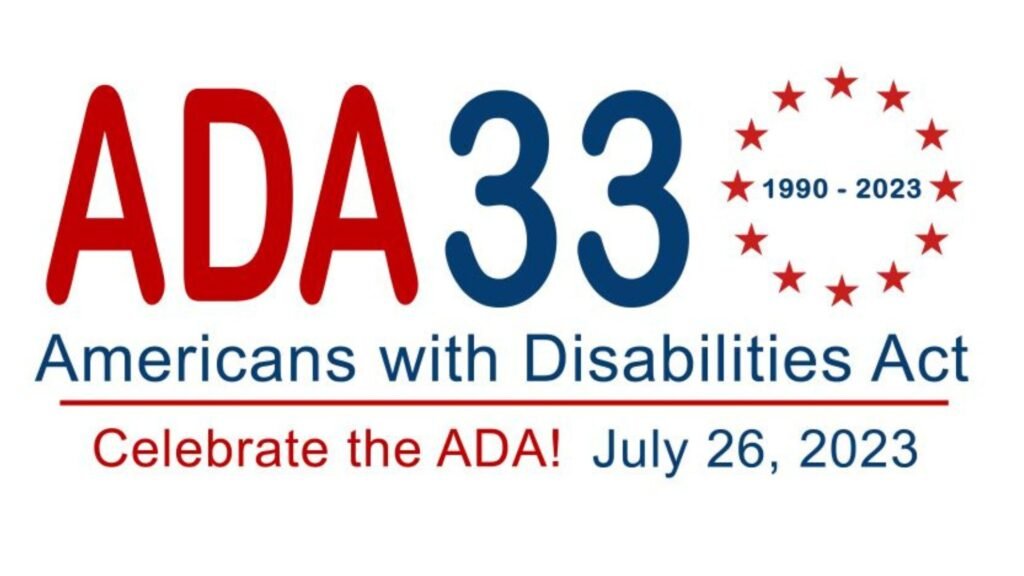In honor of the Americans with Disabilities Act’s 33rd anniversary today, this post refers to the Capitol Crawl.
A friend had an ethical and moral dilemma and reached out for my thoughts. She had been invited to do a podcast on accessibility and inclusion. However, they were a small independent podcast with no funds for a transcript.
The question was should she do the podcast and educate people? Or should she ask them to reach out when they’ve added transcripts?
In advocating for accessibility and disability inclusion, I encourage people to take the progress over perfection approach. This applies to advocates trying to advocate for change. This applies to people in organizations, teams, or departments just starting on their journeys.
It’s a mindset that works in everyday life. It means taking an educational approach, rather than berating or coming across as angry. Of course, there are a few situations that warrant anger but these are usually after someone or a company has not listened.
It also means don’t wait until something is perfect to move forward. Accessibility isn’t all-or-nothing. Apple exemplifies this when they released Live Captions for iOS in Beta. Knowing it was in beta makes it easier to be forgiving of problems with it. Yet, it made me grateful to have it sooner than later.
Some advocates won’t speak at an inaccessible event or do a podcast that doesn’t provide a transcript. A few were angry and said no organization should celebrate Global Accessibility Awareness Day if their [fill in the blank] is inaccessible.
But these are the very audiences that need the message the most. As a result of my speaking or appearing in a podcast, the organization started making an effort with accessibility.
Not doing the event at all rarely compels people to change. Think about it. The famous Capitol Crawl of 1990 had people crawling up the inaccessible steps in front of the capitol. Soon after, the ADA passed.
Imagine if they had said … “Oh, we can’t protest until they make it accessible and put up ramps first.” Nothing would’ve changed if they were not there.
The problem isn’t the lack of accessibility. The real problem is **not making an effort** to make progress with accessibility. An entire website can’t become accessible in one day. It takes time to make system-wide changes.




